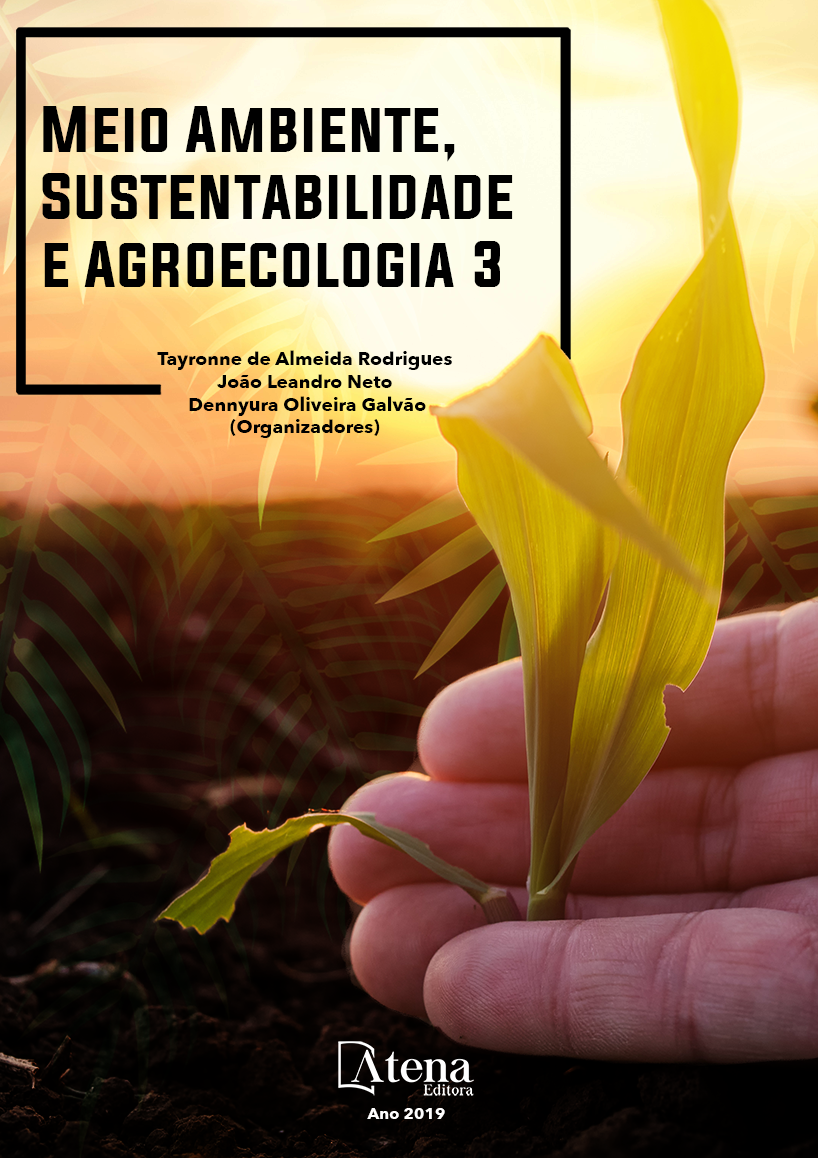
INSTITUCIONALIZAÇÃO E FRAGILIZAÇÃO DAS DINÂMICAS DE PARTICIPAÇÃO SOCIAL NO ÂMBITO DA POLÍTICA NACIONAL DE ASSISTÊNCIA TÉCNICA E EXTENSÃO RURAL
Este trabalho visa analisar as
interlocuções entre agentes situados em
diferentes lados da suposta “fronteira” Estado
e sociedade civil no processo de construção
e implementação da Política Nacional de
Assistência Técnica e Extensão Rural (PNATER).
O estudo parte de uma reconstituição histórica
do processo de incorporação de referenciais
conceituais e metodológicos da agroecologia
nas ações de assessoria a agricultores de base
familiar, compreendido como sendo de suma
importância para o caráter um tanto “híbrido”
entre os atores que participaram da construção
e implantação da PNATER. Observa-se que a
partir de 2003, com a consolidação e ampliação
de espaços institucionalizados de participação
social, foi possível incorporar estes referencias
na política nacional de ATER, em um processo
continuado de debate público, envolvendo
atores estatais e não estatais, entorno desta
política. Foram sendo experimentados e
reinterpretados, assim, de forma inovadora e
criativa, padrões históricos de interação Estado
e sociedade civil, como também rotinas de
comunicação e negociação entre estes agentes.
Todavia, esta institucionalidade democrática
e dinâmicas de participação social têm sido
ameaçadas no período mais recente, o que tem
motivado a resistência por parte de agentes
que participaram deste processo.
INSTITUCIONALIZAÇÃO E FRAGILIZAÇÃO DAS DINÂMICAS DE PARTICIPAÇÃO SOCIAL NO ÂMBITO DA POLÍTICA NACIONAL DE ASSISTÊNCIA TÉCNICA E EXTENSÃO RURAL
-
DOI: 10.22533/at.ed.2931916049
-
Palavras-chave: políticas públicas, agroecologia, sociedade civil e Estado
-
Keywords: Public policies, agroecology, civil society and State
-
Abstract:
This paper aims to analyze
the interlocutions between agents located in
different sides of the supposed "frontier" State
and civil society in the process of construction
and implementation of the Política Nacional
de Assistência Técnica e Extensão Rural
(PNATER). The study starts from a historical
reconstruction of the process of incorporating
the conceptual and methodological references
of agroecology in the advising to family-based
farmers, understood as being of paramount
importance for the somewhat "hybrid" character
among the different actors who participated in
the construction and implantation of PNATER.
From 2003, with the consolidation and
expansion of institutionalized spaces of social
participation, it was possible to incorporate
these references in this national policy, in a
continuous process of public debate, involving
state and non-state actors, surrounding this
policy. In this way, historical patterns of state and
civil society interaction were experimented and reinterpreted, as well as communication
and negotiation routines among these agents. However, this democratic institutionality
and dynamics of social participation have been threatened by the government that
was instituted from the process of impeachment of the president-elect Dilma Roussef,
which has motivated the resistance by agents who participated in this process.
-
Número de páginas: 15
- Juliano Luís Palm


